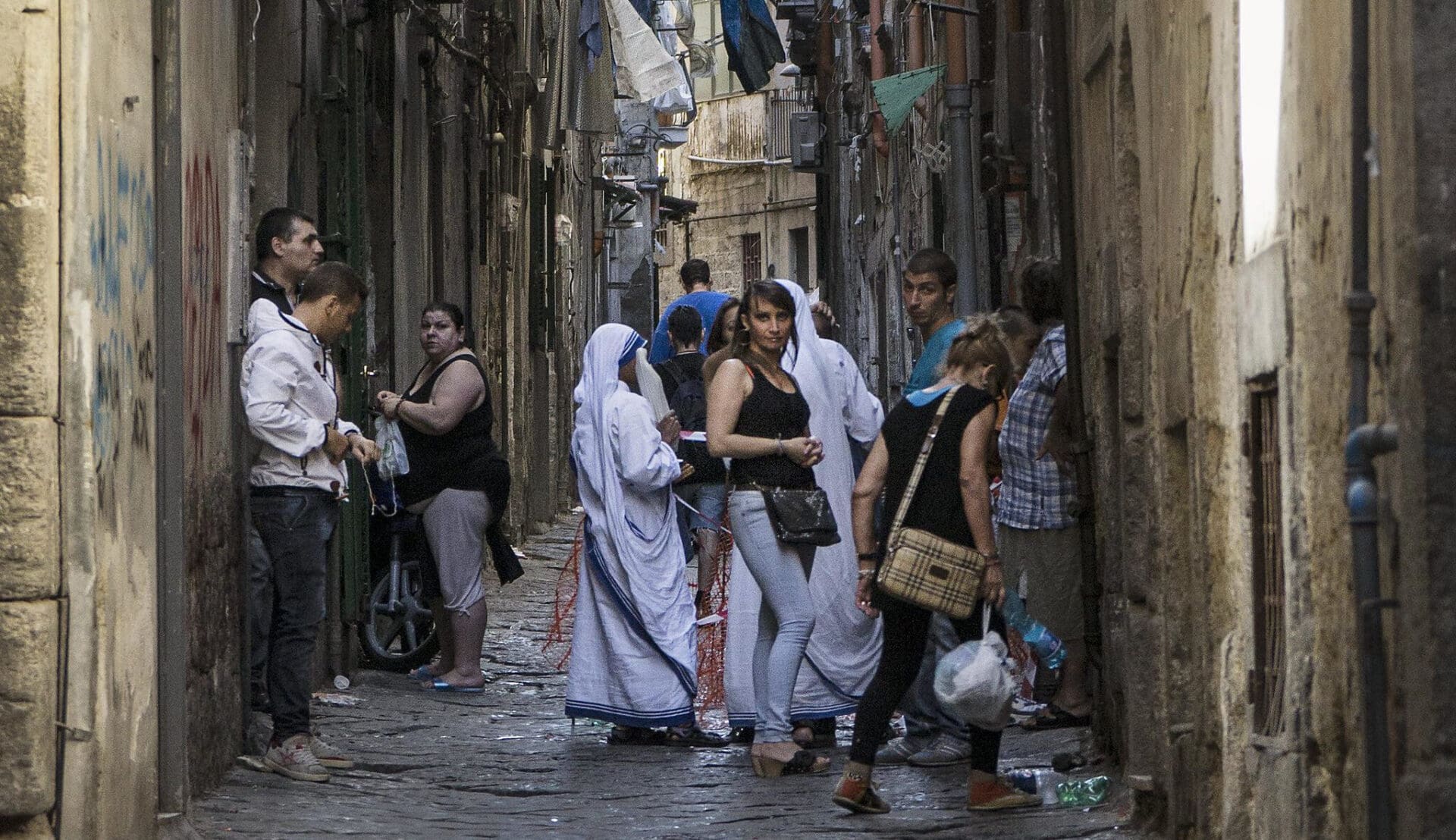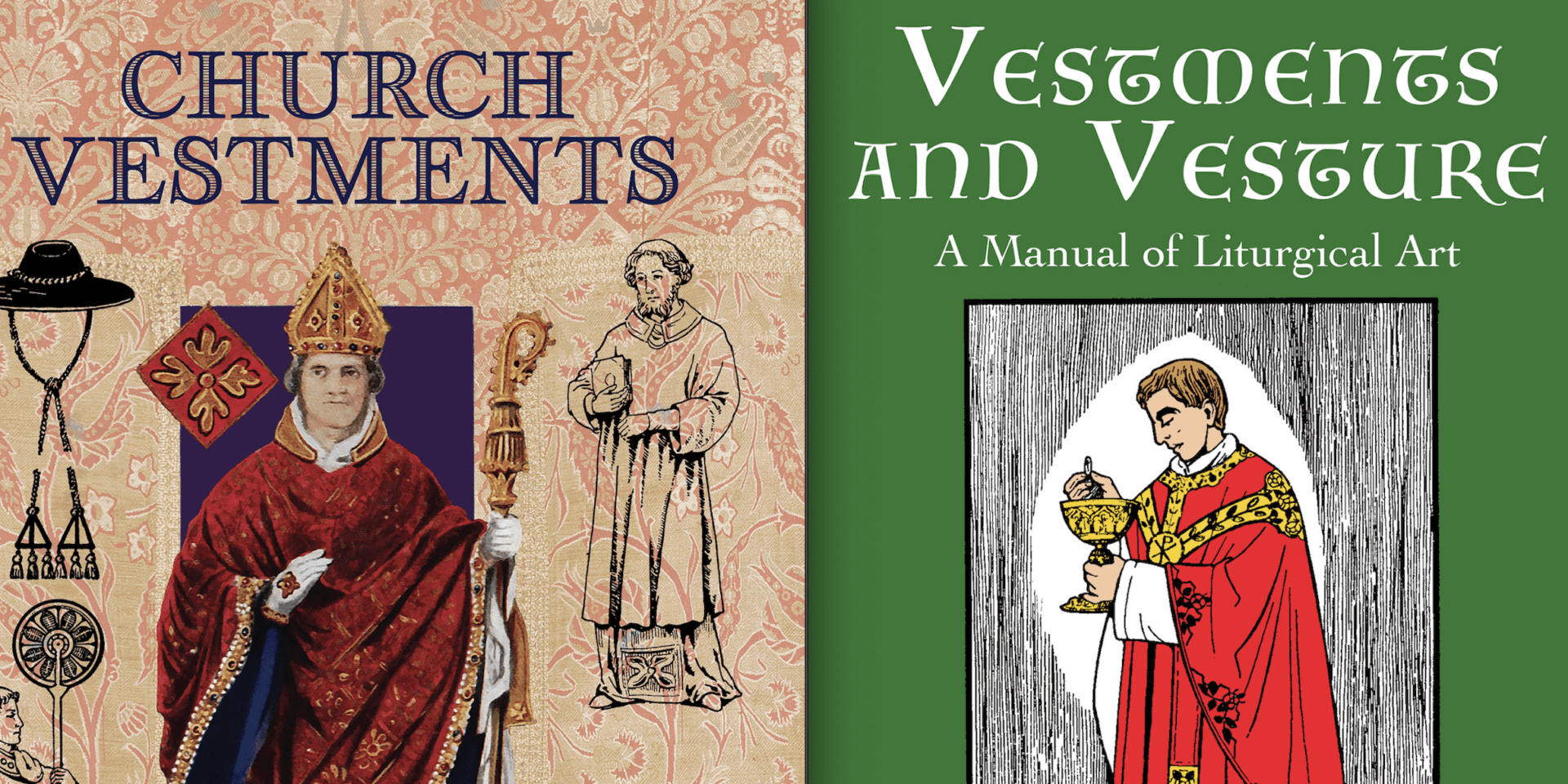As previous entries in this series have pointed out, the Masses for Various Needs and Occasions from the Roman Missal include formularies for the various ranks of the baptized, namely, the laity, religious, and clergy. This same section of the Missal also includes orations for various categories of persons in need of urgent prayers of intercession by the Christian community on their behalf. The specific groups named in the Missal include Persecuted Christians (no. 19), Refugees and Exiles (no. 32), Captives (no. 43), Prisoners (no. 44), the Sick (no. 45), and the Dying (no. 46). In addition, faithful to the Lord’s command to pray for those who injure us, there is a Mass for Our Oppressors (no. 42). Each of these Mass formularies was present in previous editions of the Missal of Paul VI.
Praying for Those Undergoing Trials
Because of the very specific nature of these Mass formularies, their use may be rare in practice. The Masses for the sick and the dying, except for the first collect of the Mass for the dying, are worded rather generically. Depending on the circumstances, they might refer to those present or not. Certainly, they might be used most appropriately during Mass at the bedside of a sick or dying person at home, or for a group of the infirm gathered in a nursing facility. They also might be used when the sacrament of the Anointing of the Sick is administered during the course of Mass in a church. Otherwise, the collects from this section of the Masses for Various Needs and Occasions might find greater use as the conclusion to the prayers of the faithful on occasions when the parish is praying in a special way for Christians persecuted or imprisoned for the faith, for the sick, for refugees, or for those being held against their will. In that case, the collects conclude with the short ending, “Through Christ our Lord.”
With respect to the Missal of 1962, the texts of the current Mass For Our Oppressors (no. 42), for example, are completely new. They do not correspond at all to the prayers in the Missal of 1962 for the Masses Against Enemies (no. 13) or For Enemies (no. 31). The current prayers strike a tone of patient suffering under trial and heartfelt compassion for those who wrong us. They stand in stark contrast to the more militant language of the Mass for the Defense of the Church (no. 19) in the Missal of 1962. The collect For Prisoners (no. 44) in the Missal of Paul VI is likewise completely new compared to the corresponding formula For Prisoners (no. 32) in the Missal of 1962. Other prayers are found in the Missal of 1962, often with notable variations. A new collect was provided for the Mass for the Sick (no. 45), “O God, who willed that our infirmities….” Otherwise, the collects, prayers over the gifts, and the post communion prayers for the sick remained unchanged from the Missal of John XXIII. The collects and prayers over the gifts in the Masses for the Dying (no. 46) in the 2002 revisions of the Missal of Paul VI were substantially rewritten from those in the Missal of 1962, while retaining a few key words and phrases. The post communion prayers, however, were retained unchanged from the previous Missal. The Missal of 1962 contained a Mass for Pilgrims, Travelers, and Refugees (no. 25), whose prayers are broader and more generic than the Mass for Refugees and Exiles (no. 32) in the Missal of 2002. It is perhaps regrettable that some formulary for pilgrims was not retained in these revisions since going on pilgrimage remains a widespread practice among the faithful.
Praying for Those Who Govern
In obedience to the apostolic command to pray for those in authority, the Roman Missal offers four collects. These pray for Those in Public Office (no. 22), a Governing Assembly (no. 23), and the Head of State (no. 24). In addition, there is also a collect For the Nation (no. 21). Since the Missal provides only a collect in each case, these must be combined with a Mass formulary from Ordinary Time in order to fill out all the texts needed. Again, these texts might be most useful as the conclusion to the prayers of the faithful on any civic holiday, on election day itself, on inauguration day for state or federal officials, or the first day in session of a new municipal council or of a state house of representatives or senate. When used in this way, they are meant to conclude with the brief conclusion, “Through Christ our Lord.”
These four collects were present in the previous two editions of the Missal of Paul VI. The collects For the Nation (no. 21) and For a Governing Assembly (no. 23) are new and have no precedent in the Missal of 1962. The collect For the Head of State or Ruler (no. 24) bears no relationship to the previous collect For the King (no. 10). Finally, the collect For Those in Public Office (no. 22) is a rather modified version of the corresponding collect For the Civil Authorities (no. 9) in the Missal of John XXIII.
Forms III and IV of the Eucharistic Prayer for Various Needs are suggested to accompany the Mass formularies mentioned above. Form III, entitled “Jesus, the Way to the Father,” and Form IV, “Jesus, Who Went about Doing Good,” can be used in conjunction with these Mass texts at the discretion of the celebrant.
The baptized exercise their proper priesthood whenever they intercede before God on behalf of the needs of world. Celebrants can foster the priesthood of the baptized when they select prayers for Mass which correspond to real and present needs close to the hearts of the communities they serve. Those needs may be very local or may span the globe. By giving voice to specific persons and circumstances in need of prayer, priests can encourage the faithful to take up their priestly role of intercession before the throne of God.
For previous installments of Msgr. Caron’s An Occasion to Celebrate series, see:
- Introduction: An Occasion to Celebrate: Discovering the Masses for Various Needs and Occasions and Votive Masses of the Roman Missal
- The Liturgical Calendar’s Role in Masses for Various Needs and Votive Masses
- The Lectionary Readings in Masses for Various Needs and Votive Masses
- Masses for the Church, Council or Synod, and Spiritual and Pastoral Gatherings
- Masses for Clergy and Religious
- Masses for the Mission of the Church in the World
- Masses for the Ordinary Life of the Christian
Msgr. Marc B. Caron, S.T.D., is the vicar general and the moderator of the curia for the Diocese of Portland, ME. He has served as a pastor, as the director of the diocesan Office for Worship, and as a chancellor of the diocese. Most recently, he was a member of the faculty of St. John’s Seminary, Brighton, MA, where he was also director of liturgy. In 2021, he received the doctoral degree from the University of St. Mary of the Lake/Mundelein Seminary, writing on the sacramental nature of the diaconate. He is the author of a number of articles which have appeared in The Jurist, Worship, Catechumenate, and Homiletic and Pastoral Review.
Image Source: AB/Eric Parker on Flickr



